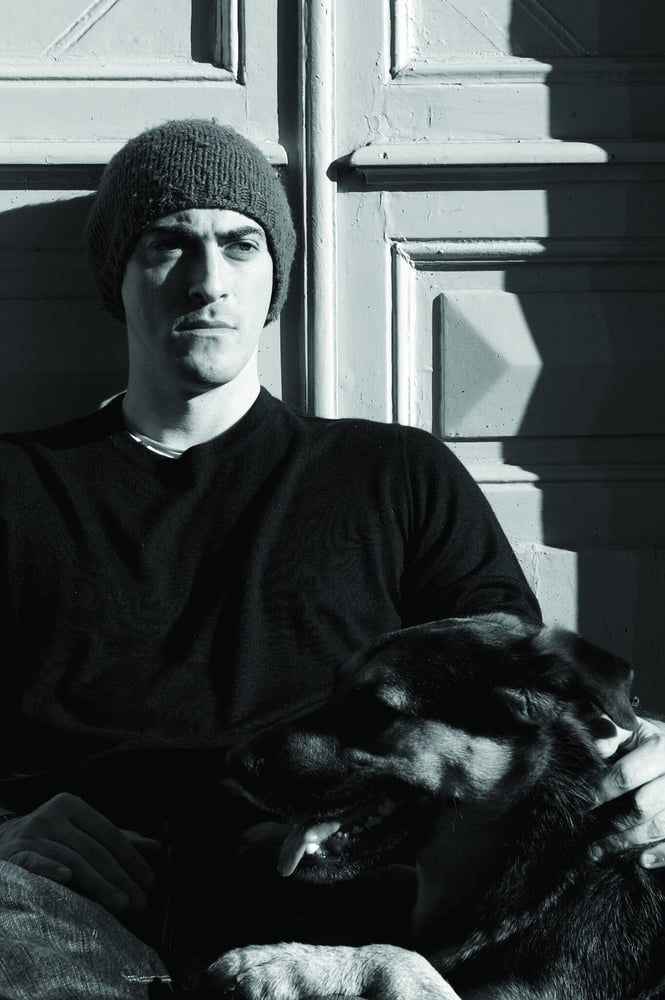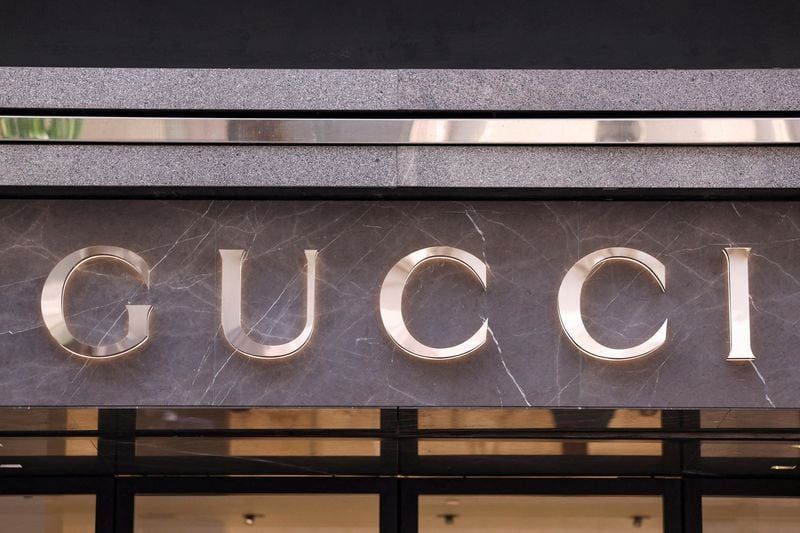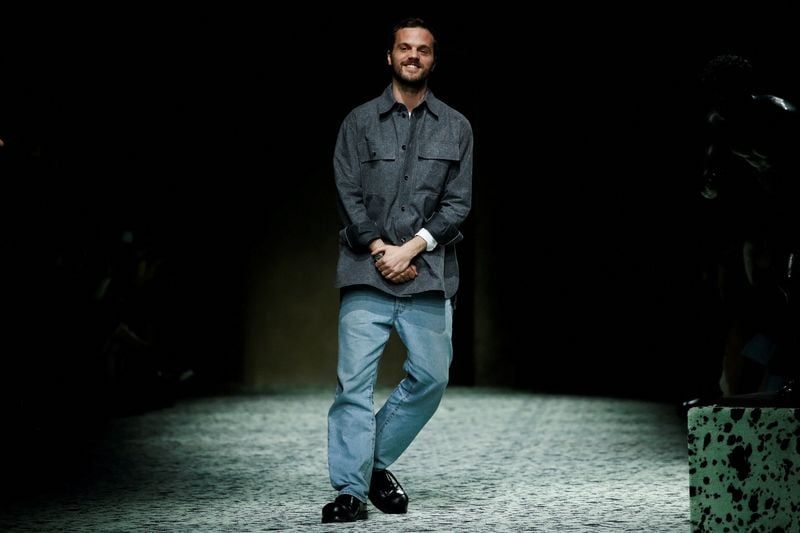Redemption's Bebe Moratti Rebuilds Fashion Brand with a Human-Centric Vision and a Passion for Change

Gabriele (Bebe) Moratti, co-founder and creative director of the fashion label Redemption, introduces himself with the image of a Nirvana-logo T-shirt and a burning desire for systemic change. He recently discussed the new chapter of his brand, which he has painstakingly rebuilt after navigating the profound disruption caused by the Covid-19 pandemic. FashionNetwork.com met the visionary entrepreneur and designer in Milan. Born in 1978, Moratti has previously dressed global icons such as Madonna and Lady Gaga, but now prefers a life rooted in the countryside at San Patrignano, embracing a slower pace away from the relentless demands of contemporary society.
Moratti, son of Gianmarco and Letizia Moratti, reports positive commercial performance for Redemption, attributing much of this success to a robust e-commerce presence, complemented by an increasing number of boutiques each season. A passionate film enthusiast, he recently earned a Silver Lion in Venice for his cinematic endeavors. Prior to the pandemic, Moratti had opened a flagship store in New York, a space designed by his friend, the acclaimed director Luca Guadagnino, whose film 'Bones and All' Moratti himself produced through his company, Memo Films.
The arrival of Covid-19 proved to be an existential shock for the brand. "Covid wiped out everything," Moratti recounted, detailing the loss of his New York store and approximately 140 multi-brand retailers across major markets including the US, France, the UK, Italy, and Germany. The absence of American buyers from Europe for two years severely hampered rebuilding efforts. While a return is anticipated, Moratti notes changes in his approach, particularly his decision to no longer produce pre-collections. He has scaled back from designing six collections annually to just two, aiming for a more niche market. Currently, Redemption is distributed in around twenty stores.
However, Moratti strategically transformed this period of adversity into an opportunity to redefine Redemption's priorities. Founded over a decade ago with childhood friends Daniele Sirtori and Vanni Laghi, whom he met at the San Patrignano rehabilitation community, the brand has always held a distinct philosophy. Moratti critiques the fashion industry's current trajectory, which he believes is becoming increasingly homogenized and solely fixated on quarter-on-quarter growth. Drawing on his background in banking, he labels this a "Darwinian paradigm" that disregards too much, advocating instead for a human-centric approach.
Redemption's model intentionally defies fleeting trends and operates as a direct counterpoint to fast fashion. Moratti expresses deep satisfaction when he sees someone wearing one of his dresses from seven years ago, viewing it as a testament to conscious consumption and a reduction of unnecessary purchases. This emphasis on longevity underpins his entire philosophy. He argues that producing four collections a year is unsustainable and destructive, contributing to the scarcity of emerging brands today, and suggests that fashion week now often relies on past glories. Moratti believes that by returning to a "human scale," the industry can foster new "giants" rather than just standing on the shoulders of old ones.
Moratti's vision for Redemption involves a return to its origins and the authentic spirit that first inspired its creation. He shares that the founders were true outsiders, with him never having formally studied fashion. He began designing out of pure enjoyment, rather than pursuing a specific goal. His ultimate aspiration is simply to wake up happy with his work each day. He firmly believes that passion breeds positive outcomes, not just for oneself but for others, underscoring Redemption's consistent dedication to charitable causes.
A deep commitment to social causes is intrinsically woven into Redemption's DNA. Moratti states, "I founded Redemption to redeem myself." He acknowledges universal imperfection and daily errors, sharing that one of the brand's founders, who passed away three years ago, dedicated 40 years to helping others within the San Patrignano community, exemplifying a life transformed from excess to service. Redemption was established with a clear intention to be actively engaged, and Moratti assures that the brand will contribute to the Palestinian cause, among others.
The brand serves as a powerful conduit for Moratti's profound sense of entrepreneurial responsibility. He explains that, in his own way, he can choose to build a company that is socially engaged and dedicates a portion of its profits to charity. Despite having trained in the archives of Como fabric mills and with a former Ferré pattern cutter, and receiving warnings from consultants about the limited margins in "Made in Italy" production, Moratti views this as an undeniable added value, asserting that he only designs what he genuinely believes in.
The "Redemption woman" encapsulates the brand's core principles. Moratti describes her as possessing a rock-star attitude, brimming with self-belief, and confident enough to champion nonconformist ideas. She draws inspiration from artists who fought for societal change. She "takes to the stage" not just literally, but in her daily interactions—when expressing an unconventional opinion, excelling at work, or simply wanting to be noticed. For her, Moratti's designs are "armour," empowering her to navigate the world with the confidence of a rock star.
Redemption's signature colors and silhouettes will reappear in the upcoming summer collection, featuring classic white, black, red, and the brand's distinctive pink, described as blooming everywhere, bringing "beauty amid the rocks." While earlier collections often drew inspiration from specific musical genres, the post-Covid era has seen the brand's archive become Moratti's primary source of creativity. He now delves into past mood boards, retrieving old ideas, working them on a mannequin, stitching, pinning, and redesigning them. He candidly admits to learning the importance of not being obsessed with constant novelty, embracing the power of "saying no."










